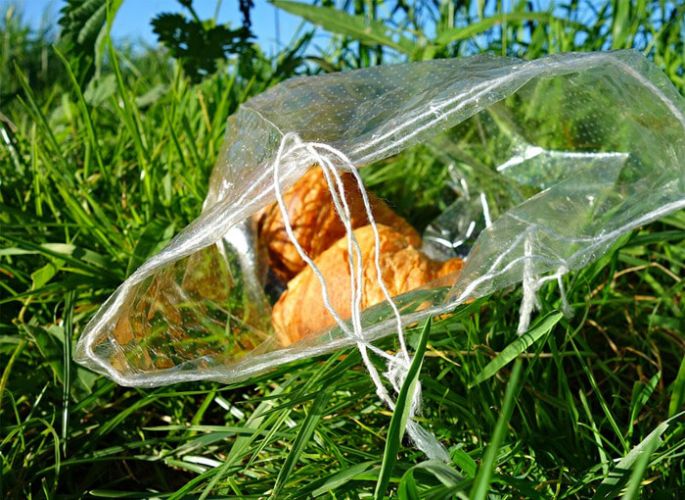Indirizzo
Calle Benidorm, 2 P1A
26580 Arnedo (La Rioja) Spain
(+34) 941 380 537

The exorbitant plastic production that we have achieved, and which we continue to support today, has become a serious problem that affects us all and that we must resolve in order to guarantee a more sustainable and ecological future.
However, this requires a commitment from everyone. And we still see how for certain sectors of society, the use of plastics does not represent a real threat to the environment, despite the fact that the facts we see in seas and oceans show us the opposite.
Today we discover some myths and truths about the use of plastics.
1. Not all plastic bags come from petroleum. There are many plastic bags from renewable sources such as potatoes or corn. In fact, only 5% of the oil is used to generate plastic bags.
2. They say they are not totally recyclable, but they are 100% recyclable.
3. They do not make up the majority of the urban waste, they only occupy a small part of the total waste that is inside those bags.
4. Another myth is that plastic is recycled very little. 22% of recycled plastic goes to pipes and industrial parts and 18% to garbage bags. They are also usually recycled to make benches and seats for streets, pens, lamps, bags, chairs, jewelry products, etc.
1. They are not so harmful to the environment because they are extracted from oil, but it is true that their creation and manufacture represent a great electrical expense. This inevitably contributes to global warming.
2. They are easily replaced by bags and other materials such as paper, cardboard or fabric. We can live perfectly without plastic bags and use others in which there is greater reuse and therefore less environmental impact.
What is certain is that we need much more information and environmental education than we currently have before generating unfounded opinions that only lead to general confusion.
Knowing this data, you are free to continue choosing plastic bags as before or give a chance to the famous cloth and / or paper bags.